The Good, the Bad, and the Very Surprising of Mom Influencing
In her podcast 'Under the Influence,' Jo Piazza dives deep into women who monetize motherhood on social media.
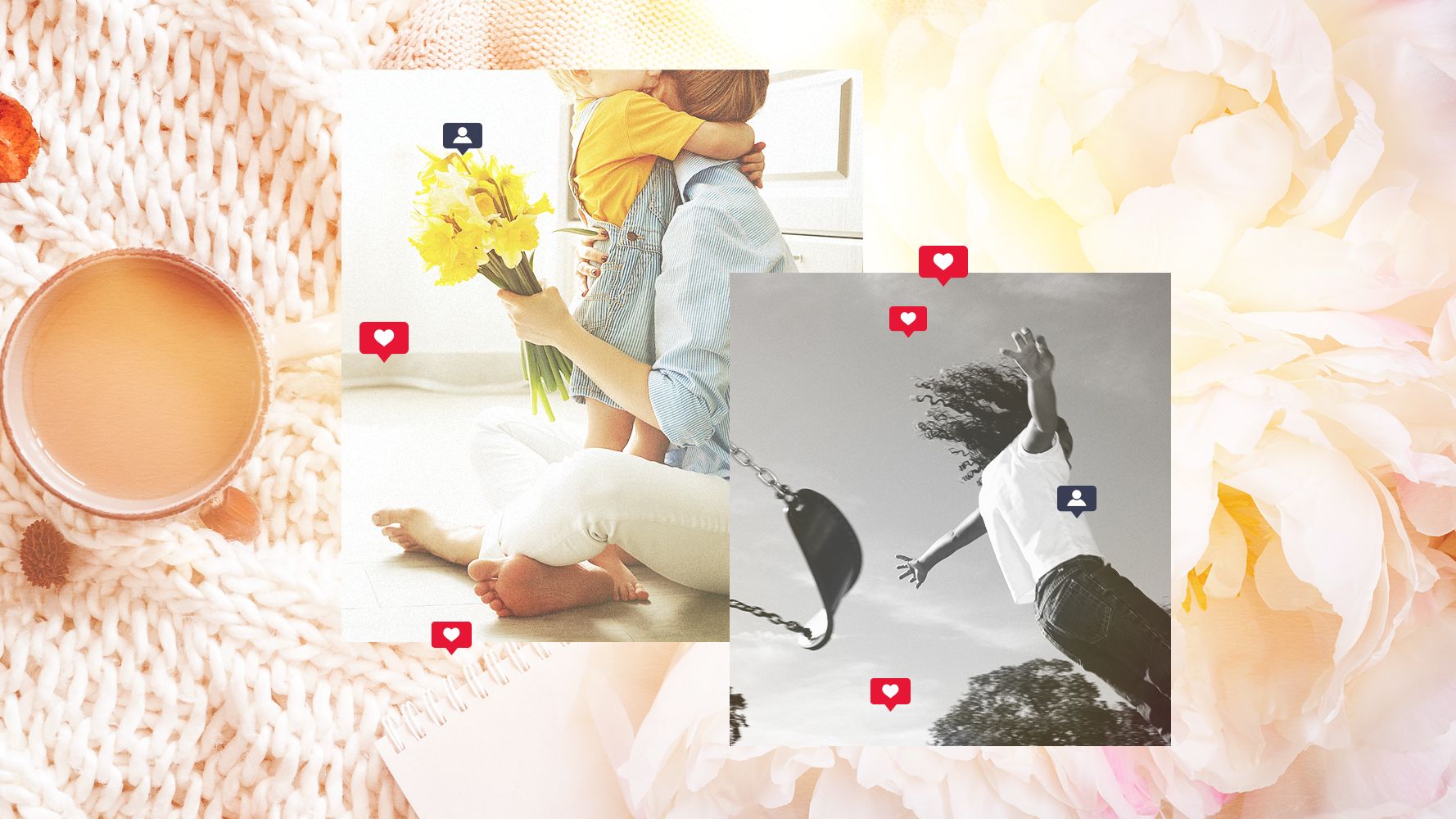
To the mothers of the world, "mom influencers" are both a four-letter word and the end-all-be-all of #authentic aspirational parenting. It's a dichotomy journalist and mother Jo Piazza knows too well. For years, she has been, well, stressed the fuck out by moms on social media who seem to have it all and, more importantly, have it all together. So in early 2021, through her iHeartRadio Original podcast "Under the Influence," Piazza set out to expose the dark world of Momstagrammers—diving deep into the multi-billion-dollar industry that allows women to monetize motherhood and perpetuates the more idyllic, highly unrealistic, and curated aspects of child rearing.
Instead, Piazza found that mom influencing is just as messy, stressful, complicated, fulfilling, uplifting, and important as being a mom itself. Her reporting even unearthed the surprising roots of moms-on-the-gram (spoilers: the Mormon Church and I Love Lucy are involved) and the more sinister aspects of living a life online (to name a few: mom-shaming; QAnon takeovers; the psychological and emotional ramifications of exploiting children's images).
Before the finale of her podcast, we chatted with Piazza about her own experience of trying—and failing—at being an influencer, how to curb anxiety spawned by social media, and why she still can’t stop scrolling through her Insta feed.
Marie Claire: What was your relationship like to social media before you had kids? Were you always really in tune with influencer culture or was there a sudden change in behavior once you became a mom?
Jo Piazza: It was totally a mom thing. I’ve worked with influencers for years, but I could have cared less [about them] until I had kids. Nothing hit me intimately until I had children. I was sucked in. I was addicted. I'm still kind of addicted. Even after reporting this world, even after having the curtain pulled back, I can't stop scrolling late at night.
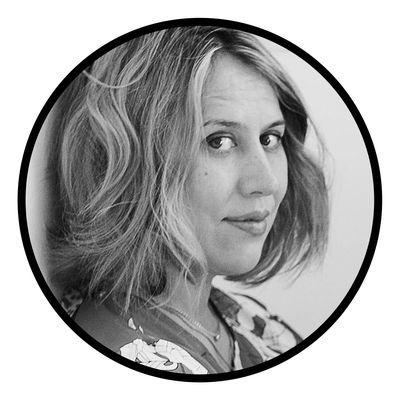
Jo Piazza
MC: Why do you think motherhood caused that change?
JP: I've compared it before to women's magazines and fashion magazines when I was 14 or 15 years old. Because [at that age] you're trying to figure out who your identity as a woman is and these magazines showed you. All of a sudden [as a teen], Sassy and Cosmo and Glamour, they were showing me how to be in the world. And I think that you have that same shake up of your sense of self when you become a mom; you just desperately want someone else to tell you what to do and how to be. And these mom influencers were delivering that. I was very secure with myself until I had kids. And then I had kids and I'm like, I don't know what the fuck I am doing. And I was just desperate for models out there, and they gave it to me.
Get exclusive access to fashion and beauty trends, hot-off-the-press celebrity news, and more.
MC: A lot of what you talked about in the first episode was the “picture-perfect mom.” But has the pandemic shifted or encouraged moms—who are definitely struggling during this time—to show more reality on social media?
JP: I think we still see the picture-perfect mothers. What I think has shifted is the captions. It feels real, like just real enough, but never real real. One great example, that I sent to a friend the other day, was a woman sitting on a beautiful white carpet with her baby. Her hair is perfect. The house is really clean. And she's clearly kind of crying because her mascara is slightly running. And she's talking very honestly in the caption about postpartum depression. But I'm like, "Your house is way too fucking clean"… It’s like keep it real, but keep it beautiful.
MC: It almost makes you feel worse, because you're like, “If this is you on a bad day, or in a bad moment, then I’m—”
JP: I’m a monster. It’s very anxiety-inducing for mothers… I discovered it’s also this very uniquely American thing, too. The mom influencers in the U.K. are actually a goddamn mess. The most popular ones talk about all the disgusting parts of breastfeeding and what happens to your vagina when you give birth. So I think that this highly-stylized perfect content is a very American aesthetic.
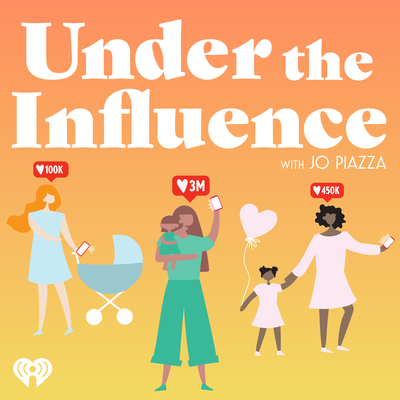
MC: Why do you think there is such a discrepancy?
JP: I think American culture has just always held women to a higher standard…But one of the things I'm hoping to show in this podcast, and I hope that women take away from it, is you just have to shift your perspective. We feel that anxiety because we're like, “This is just another mom like me.” No. These women are creating content. They're creating miniature magazines for you. And they know what they're doing. Most of them are shot by professional photographers. Most of them are photo edited. And there's nothing wrong with them doing that. [Instagram] is a content platform. This is not you peeking in your neighbor's window at their real life. If you can shift your perspective and look at it like that, and know all the work that goes into it, you won't feel the anxiety about it anymore.
MC: You tried to be a mom-fluencer. What was that experience like?
JP: I failed so bad at it. We hired someone to try to shoot 30 days of content. [But] my [three-year-old] kid did not want to wear matching pajamas. He was just immediately like, “I don't know why you're torturing me this way, Mommy.” My husband—I got him into the matching pajamas—but then he's like, “I don't wanna get changed. I'm really comfortable. We're not gonna do any more of this, right?”
MC: What was the hardest part, overall?
JP: Putting so much of myself out there all of the time. You have to really be comfortable with constantly thinking about yourself and thinking about your entire life as a photoshoot. Through the process, all of a sudden, I realized I started looking at my children and my husband and the things in my home as if they were each Instagrams. Looking at them and being like, What's monetizable here? What's commercial here? And that made me very uncomfortable. And also, I'm just bored of myself. I have no interest in focusing so much on me. I think that takes a very, very special kind of talent to be like, “I want to promote myself like this,” in the same way that a reality star would. Women have been doing this since the history of women in media, this is just the latest iteration of it.
MC: If society isn’t going to value mothers monetarily, then this allows them to take back that agency.
JP: We have all of these myths around motherhood: that mothers shouldn't be paid for mothering because that's what we're “supposed” to do. So people think, “How dare you try to make money off of it?” I think that that's where a lot of the criticisms of mom influencers comes in.
A post shared by Jo Piazza (@jopiazzaauthor)
A photo posted by on
MC: When you had conversations with some of these mom influencers, did you tell them, “I scroll through your photos at night and feel inadequate because of you”?
JP: I won't lie, there are a couple of women who I talked to that I thought, Ugh, you are just as bad as I thought you were gonna be. But the majority of them actually surprised me by how thoughtful they were about what they were putting out there. There was an influencer who I told, “You, and your perfect white house, and your perfect kitchen—with your Smeg fridge that I want so bad even though it's a very tiny fridge and won't fit everything that I need—you make me nervous when I look at this because I feel like a failure.” She said, “Then don't follow me. You choose what you consume. And if it's making us feel bad it's our fault if we're still following them.”
MC: It's self-sabotaging behavior. What was the most surprising thing you learned in this process?
JP: I had thought, They just take a picture. [But] it's not just taking one picture. It's the creation of an aesthetic and a whole brand. And there's a lot of work that goes into that—building engagement and figuring out how to build this whole content vertical. It's a job. The other surprising thing is just the vitriol and the hate that gets thrown at these women. I think influencers get a lot of shit, but mom influencers get more because we just expect mothers to be very pure. By episode seven, we get into some of the women where [the negativity] broke them down. They ended up having terrible eating issues or they checked into a mental health facility for a while.
I think influencers get a lot of shit, but mom influencers get more because we just expect mothers to be very pure.
MC: It’s always surprising that it’s women shaming other women. Mothers shaming other mothers.
JP: [But] by and large, [within] the mom influencer community, they're genuinely pretty helpful and supportive of each other. I expected it to a lot cattier, and it was not. I don't think any of them are bullshitting me when they say, “I started doing this 'cause I was lonely and I wanted community. And I have found support in this online community that I haven't found with my own family, with my friends, or my husband.”
I didn't go into this podcast thinking any of this. I went into this thinking, All right, like, I'm gonna take down this fucking world. I'm gonna expose all of them. And I came away from it thinking it is much more nuanced [than I realized]. These women are entrepreneurs and businesswomen, and I would be doing a detriment to women if all I were doing was dismantling them… The word influencer has become so ingrained in our culture that it feels like a non-word now. But they do influence people. They're convincing people of things. They're getting people to buy billions of dollars of products every single year. That's not nothing.
MC: They're influencing on so many levels, even on who to vote for sometimes. They are the infomercials of our generation.
JP: Absolutely. I bought Prose shampoo the other day [because of Instagram ads]. And I have to say, my hair looks fantastic. After I ordered it, I felt so guilty and ashamed. But it's been two washes now, and it's really shiny and bouncy in a way that it has not been in years.
MC: (Laughs) You sure sound like a bonafide influencer now.
Listen to iHeartRadio Original's podcast "Under the Influence"
This interview has been edited and condensed for clarity.
RELATED STORIES
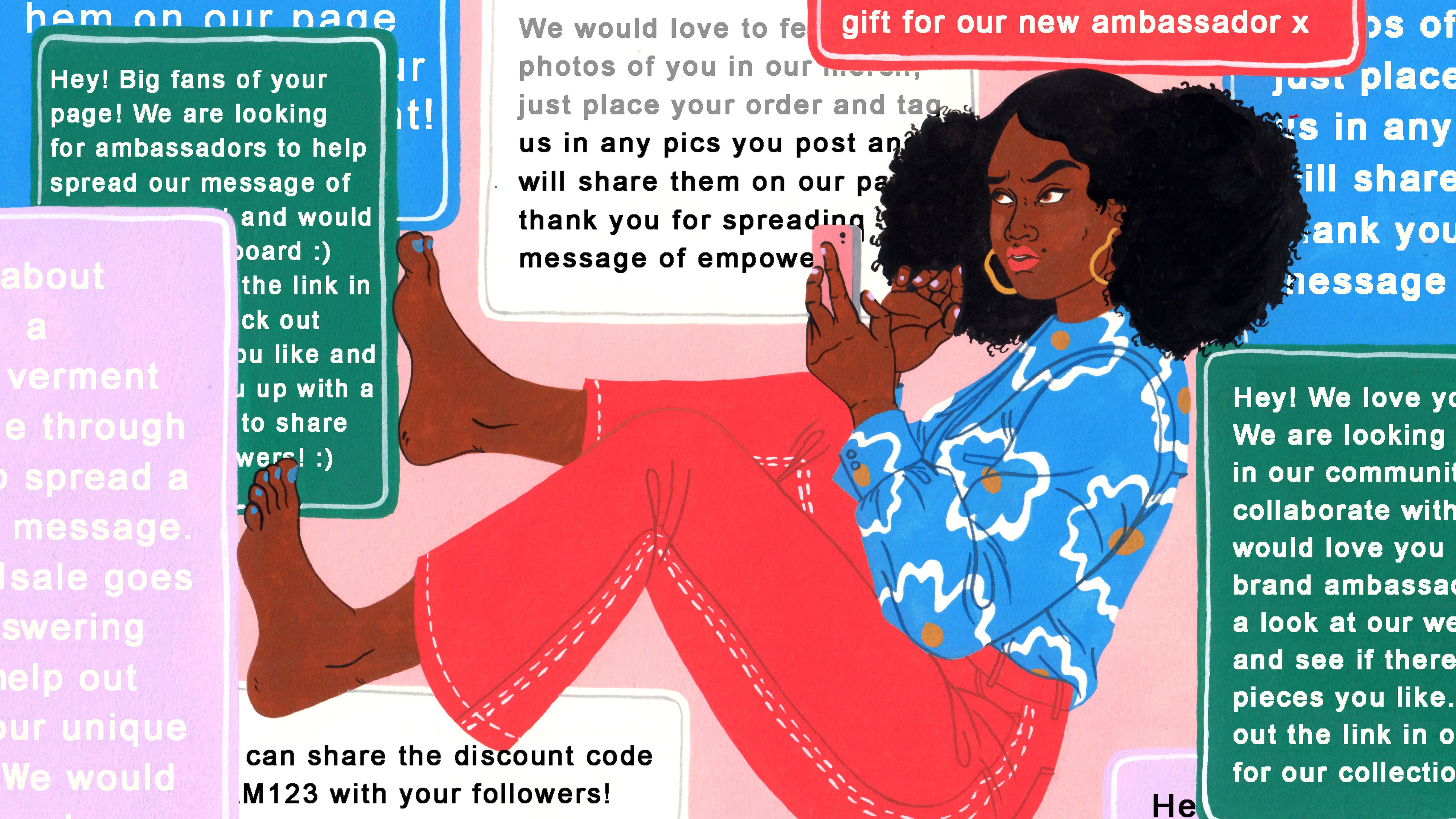
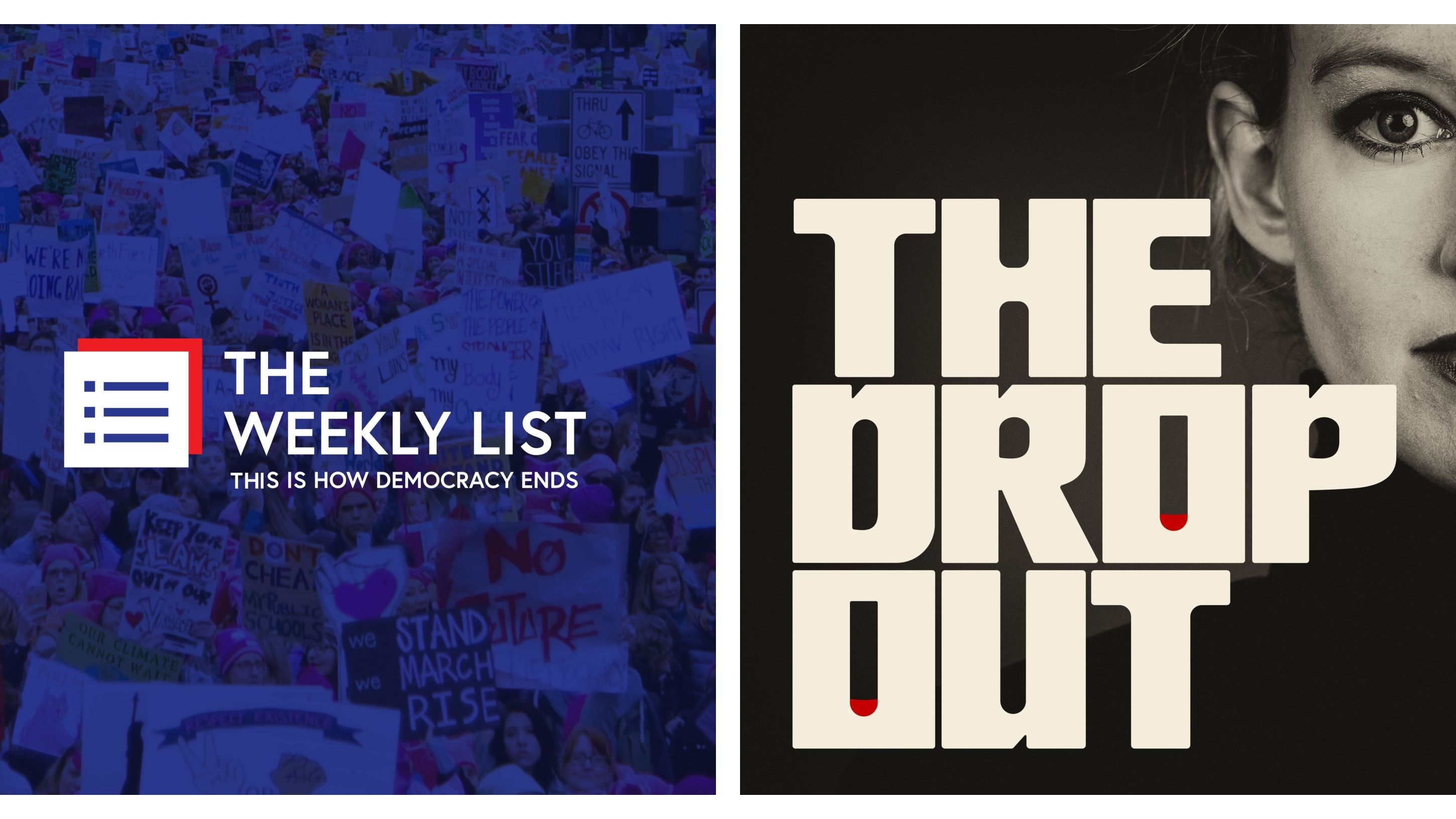

Neha Prakash is Marie Claire's Entertainment Director, where she edits, writes, and ideates culture and current event features with a focus on elevating diverse voices and stories in film and television. She steers and books the brand's print and digital covers as well as oversees the talent and production on MC's video franchises like "How Well Do You Know Your Co-Star?" and flagship events, including the Power Play summit. Since joining the team in early 2020, she's produced entertainment packages about buzzy television shows and films, helped oversee culture SEO content, commissioned op-eds from notable writers, and penned widely-shared celebrity profiles and interviews. She also assists with social coverage around major red carpet events, having conducted celebrity interviews at the Met Gala, Oscars, and Golden Globes. Prior to Marie Claire, she held editor roles at Brides, Glamour, Mashable, and Condé Nast, where she launched the Social News Desk. Her pop culture, breaking news, and fashion coverage has appeared on Vanity Fair, GQ, Allure, Teen Vogue, and Architectural Digest. She earned a masters degree from the Columbia School of Journalism in 2012 and a Bachelor of Arts degree from The Pennsylvania State University in 2010. She lives in Manhattan with her husband and dog, Ghost; she loves matcha lattes, Bollywood movies, and has many hot takes about TV reboots. Follow her on Instagram @nehapk.